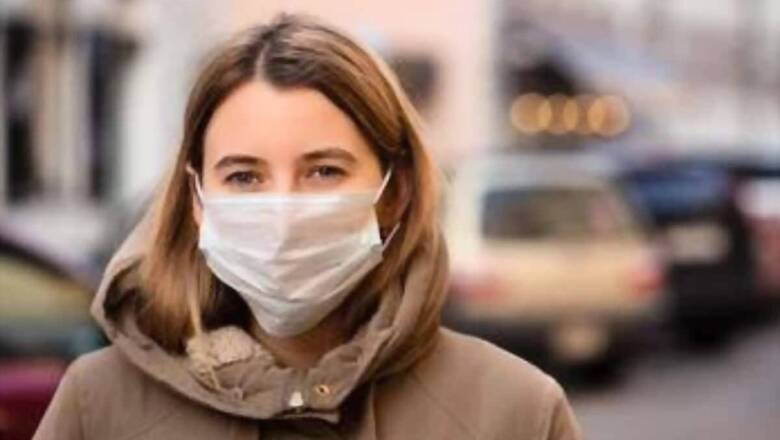
views
Three years ago, on this day, March 11, 2020, the World Health Organization (WHO) officially declared the Covid-19 outbreak a global pandemic. The announcement from WHO Director-General, Dr Tedros Adhanom Ghebreyesus, sent worldwide shockwaves. The world’s apex public health body called on countries to take action to contain the virus, saying states should be more aggressive towards curbing its spread. This triggered a series of unprecedented measures the world over. Three years later, the WHO is yet to announce the end of the pandemic.
Take a look at how far the world has moved since the outbreak of the Covid-19 pandemic, where we stand now, and what is the road ahead.
Journey so far
Mandates: Governments and health organisations around the world have implemented various measures to slow the spread of the virus, including lockdowns, travel restrictions, use of masks, social distancing guidelines, and vaccine distribution campaigns, among others. These measures have had significant impacts on daily life, leading to changes in work, education, travel, and social interaction.
Variants: As the fight against the virus raged on, it mutated into several variants, each becoming more transmissible than the original strain. We have seen the Alpha, Beta, Gamma, Delta, and Omicron variants posing serious threats and taking many lives the world over. On a more positive note, the virus has become milder, causing fewer deaths.
Vaccine development: The development and distribution of vaccines have been crucial in the fight against the pandemic, with multiple vaccines being developed and authorised for emergency use around the world. However, the rollout of vaccines has been uneven across countries, leading to disparities in vaccination rates and concerns about vaccine equity.
False information: From conspiracy theories and fake cures to misinformation about vaccines and their efficacy, social media and other channels have led to a lot of false knowledge. It impacted vaccine hesitancy and people’s adherence to mandates.
What numbers say: As of March 7, there have been 759,408,703 confirmed cases of COVID-19 globally. This includes 6,866,434 deaths reported to WHO. As of March 4, 2023, a total of 1,322.91 crore vaccine doses had been administered worldwide.
Where we stand
Although WHO said in September last year that the end of the pandemic seems to be in sight, it has still not announced it. Cases continue to be registered all across the world every day. The numbers, however, are much more subdued than in the initial stages. As of March 9, 2023, the tally of active cases in India stood at 3,177– much lower than what it used to be during the earlier waves.
The vaccine rollout has been massive. According to The New York Times’ vaccination tracker, nearly 5.55 billion people across the world have been vaccinated with at least one dose of the vaccine. This is 72.4 per cent of the entire world population. Despite this, a challenging disparity still remains. In several African nations, less than half the population has been vaccinated.
Another challenge the world recently saw was the jump in cases caused by the Omicron variant in China and the United States.
Way Ahead
The world is looking to return to normalcy. Mask mandates, social distancing, curfews, travel restrictions, and quarantines are no longer as strictly enforceable. Countries have opened their borders, and almost all businesses as well as government establishments have resumed work from the office.
Going forward, bridging the gap in vaccinations will be crucial to prevent the virus from causing more deaths. Ongoing research and development efforts will be necessary for developing new treatments, testing methods, and vaccines that can address emerging variants of the virus and provide long-term protection against Covid-19. The pandemic has had significant impacts on financial status and mental health, and it will be important for individuals and communities to prioritise support in those areas.
Read all the Latest Lifestyle News here




















Comments
0 comment